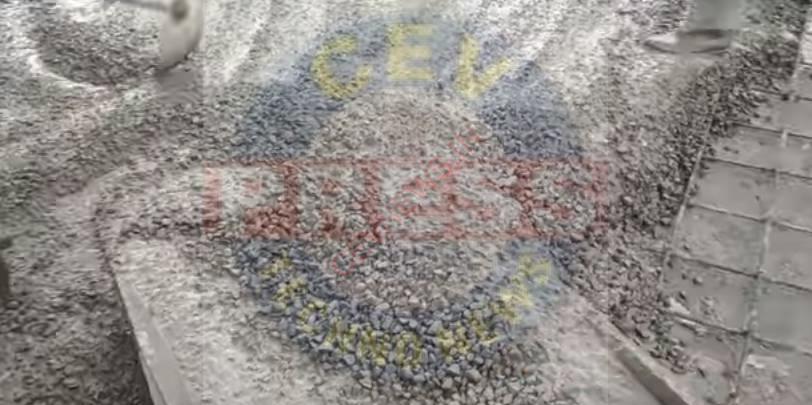EFFECT OF WATER-CEMENT RATIO ON COMPRESSIVE STRENGTH OF CONCRETE
It is the ratio of cement and water utilized in the preparation of concrete. The quantity of water used at mixing concrete is very important.
If the percentage of water used is less, then there will not be a sufficient quantity of water to hydrate cement. It will result in weak and porous concrete.
The water-cement ratio should be such that it should impart a reasonable degree of workability to concrete, excess water affects the durability and strength of the concrete. A lesser water-cement ratio makes the concrete unworkable while the excess water- cement ratio is liable to segregation. keeping the quality and quantity of ingredients the same, it is the water-cement ratio that determines the strength of concrete.
Significance or Importance of Water-Cement Ratio
The volume change in concrete results in cracks and cracks are responsible for the disintegration of concrete.
It may now be added that permeability is the contributory factor to the volume change with the higher water-cement ratio being the fundamental cause of higher permeability.
Therefore, the use of higher water-cement ratio permeability-volume change-cracks- disintegration-failure of concrete is a cyclic process in the concrete.
EFFECT OF WATER CEMENT RATIO ON CONCRETE INTRODUCTION
The water cement ratio and the aggregate cement ratio both play important role in the strength of the hardened concrete. When supplementary cementitious materials (SCM) are used, the effective water cement ratio should also take the contribution of these additional materials.
Let us assume that F grams of SCM is used with cement of C grams for water of W grams. If the cementing efficiency of the SCM is k, then effective water cement ratio is W/(C+kF). Cementing efficiency is said to be k, where 100 grams of SCM is producing equivalent strength of k grams of cement. Effective water cement ratio is also called water-binder ratio. Also, the effective water cement ratio should be carefully maintained on site during casting of structural elements. For a hot dry weather, when rich mixes (ie., mixes of higher grade concrete) are produced, the hot coarse aggregates surface is quickly coated by the cement paste, and it becomes dry immediately. This dry layer prevents further ingress of water and absorption by the aggregate. Thus, the effective water ratio becomes higher resulting into lower strength of the concrete mix. The absorption of water by aggregates results into progressive loss of workability. To avoid this, aggregates are recommended to be in saturated surface dry condition.
At times on site, due to rains during casting, the aggregates may have excess water. To generate equivalent SSD condition, the water to be mixed should be adjusted as per the moisture content of these aggregates.
A lower ratio leads to higher strength and durability, but may make the mix difficult to work with and form. Work-ability can be resolved with the use of plasticizers or super-plasticizers.
Water-Cement Ratio and Concrete Strength
The general concrete strength is reduced with the increase in the water-cement ratio. The addition of more water gives dilute paste, which has more pores at the micro-level.
These make the concrete weak and results in shrinkage and cracks and issues. The Cement and aggregates particles take the excess water that’s present in concrete.
This consumption is uncontrollable if a large excess of water is present in the concrete. Therefore, separate water channels are created, resulting in bleeding on the surface.


